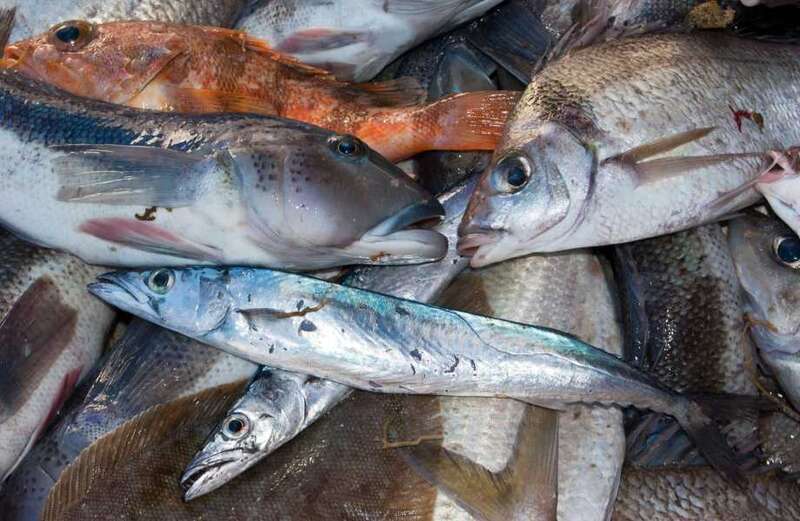RAW sewage dumped in the English Channel has left marine species in the water "full of drugs", a marine biologist has claimed.
Professor Alex Ford has been investigating waste from a sewage pipe in Hampshire's Langstone Harbour.


He claims cocaine, amphetamines and MDMA passing through users' bodies and into Britain's waters are altering the natural behaviour of some fish.
Alex told Good Morning Britain: "The sewage treatment plant behind us takes in the waste of half a million people, and when it can't cope with it, it chucks it out here.
"In the marine life, we are finding they are full of drugs - contraceptive pills, antidepressants - every single marine species that we've looked at so far is full of cocaine."
 Spectacular New Year fireworks light up London sky as huge crowds celebrate across UK for first time in three years
Spectacular New Year fireworks light up London sky as huge crowds celebrate across UK for first time in three years
Working with Dr Tom Miller of Brunel University, Alex analysed the waste of around 400,000 Portsmouth residents.
The marine biologist insisted drugs affect the wildlife "in the same way they do us", adding: "So if you give a fish a contraceptive pill, it starts to feminise.
"If you give crabs antidepressants, it changes their behaviour because those drugs were designed to change behaviour.
"So if you give them illegal drugs, it has very much the same effect on them as it would do on people as well."
It comes as figures show storm overflows spilled sewage into rivers and seas across England for more than 3.6 million hours in 2023, more than double the previous year.
The data published by the Environment Agency (EA) reveal there were 464,056 spills in 2023, up 54 per cent from 301,091 in 2022.
The organisation said was partly due to England experiencing its sixth-wettest year on record.
The duration of the sewage spills had more than doubled from 1,754,921 hours hours in 2022, to 3,606,170 hours in 2023, the figures show.
Both the frequency and duration of spills were also up on 2020 levels, which saw comparable amounts of rainfall.
And the figures are at their highest ever levels, although officials caution that comparisons over the years are difficult as an increasing number of storm overflows have been fitted with monitors over time, and all now have the technology to record spills.
 Robbie Williams poised to launch his own brand of energy drinks to rival Prime
Robbie Williams poised to launch his own brand of energy drinks to rival Prime
Environment Agency director of water Helen Wakeham said the figures were "disappointing" but "sadly not surprising".
She said: "We are pleased to see record investment from the water sector, but we know it will take time for this to be reflected in spill data - it is a complex issue that won't be solved overnight.
"No other country has the level of monitoring we do, with 100 per cent of storm overflows in England now fitted with a monitor.
"We are better placed than ever before to hold water companies accountable - thanks to intelligence from our new whistleblower portal, our plans to expand our specialised workforce, new enforcement powers, increased water company inspections and new tools to inform our enforcement work."
In response to the figures, a spokesperson for industry body Water UK said: "These results are unacceptable and demonstrate exactly why we urgently need regulatory approval to upgrade our system so it can better cope with the weather.
"We have a plan to sort this out by tripling investment which will cut spills by 40 per cent by 2030 - more than double the Government's target.
"We now need the regulator Ofwat to give us the green light so that we can get on with it."
The water companies say they want to triple investment to £10billion over the period 2025-2030 to tackle the problem, which would be paid for through consumer bills.
The figures also showed there were an average of 33 instances of sewage spills per storm overflow in England last year, up from 23 in 2022.
This is the second highest annual average since data began in 2016, with the highest being 35 spills per overflow in 2019.



































